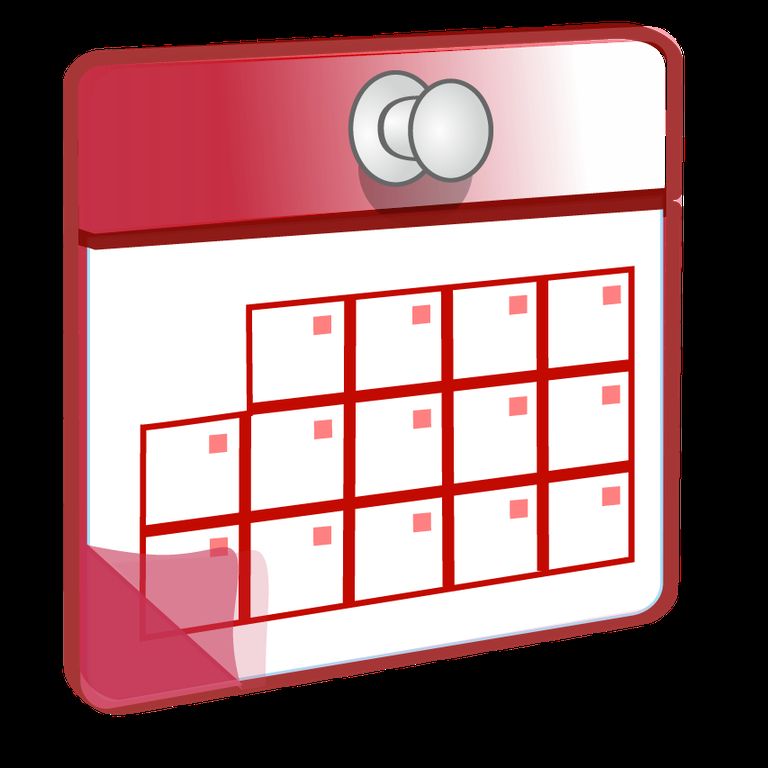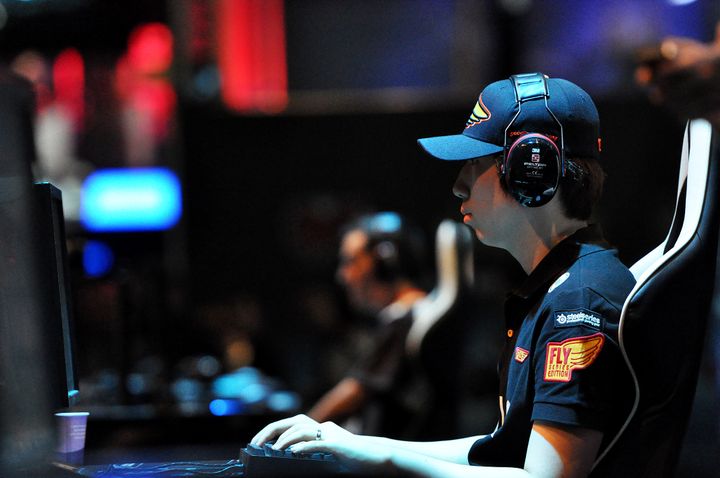
While I'm not as hardcore a gamer as some, I have been playing them since childhood. My family somehow inherited old systems from others we knew -- a Commodore 64, an original Nintendo, then the better Super Nintendo. We also got a computer when it was still fairly rare among my peers. Yes, the computer was used for school as well -- but I also did a lot of games.
Flash forward a couple of decades, and I probably have touched most of the major systems at some point. Doing bad karaoke with friends, shooting zombies with my significant other, and spending an entire holiday (after a hard month at work) playing through an iteration of Dragon Age are among some of my favourite game-related memories. And don't let me near a copy of Skyrim ... to this day I find the game hard to resist.
What is it about games that I find so attractive? They give a sense of accomplishment because milestones are are easy to track, like those gold stars that many of us received for chores as children. The storylines are immersive. Over time, at least in the RPGs I prefer, you can see your character advancing in skills as the storyline progresses. And I've learned that smart people are now transporting those elements to other aspects of our lives.

Gamification has been used for applications such as encouraging fitness. Credit: Wikimedia Commons/Kyle Cassidy
Especially with the rise of mobile apps, this means that we can play games as we go. Even if they're not really games at all. The concept is called gamification, and uses similar types of rewards and instant-feedback that you would get in a game. So if you're looking to pick up some language vocabulary, for example, you can move to an app such as DuoLingo that breaks it up into a competitive environment.
It's sometimes hard also to stay motivated with your fitness goals, especially as life gets busy. Apps such as Zombies, Run! turn your activity into more of a game against yourself. And think of the number of fitness trackers available to keep you honest about how much you're actually working out, such as the FitBit.
You can even use gamification without technology. Comedian Jerry Seinfeld is often cited by productivity experts because he has a very simple tool to keep his habits going: a calendar with Xs. When he completes what he wants to on a certain day, he draws an X on the calendar. His goal is not to break the chain of Xs. To keep going, even when life is not conducive to finishing what you want.

Using a calendar is a way of helping you stay on track. How many days can you fill in? Credit: Wikimedia Commons
Think of how you use gamification in your everyday life to motivate yourself. A to-do list is a very simple form of gamification, and something that I use daily. Between that and my calendar, I know what goals I have to accomplish daily. Whether it's climbing on my exercise bike or making sure to show up on time for the family visit, by the time I finish the day I can look back and see tangible progress in my goals.
More broadly, however, gamification could be used to help out others. What about setting yourself a challenge to set aside a certain amount of money daily for your favorite charity? Or to track your time better so that you have more time for volunteering, to help out in your community? Or setting yourself a goal to learn a new skill that will help out your family, such as better budget tracking.
The point of gamification is to help us stay motivated no matter what the task. What other ways could we use it for others' benefit?
Top image: Gaming is an immersive experience. Credit:Wikimedia Commons / Marco Verch








